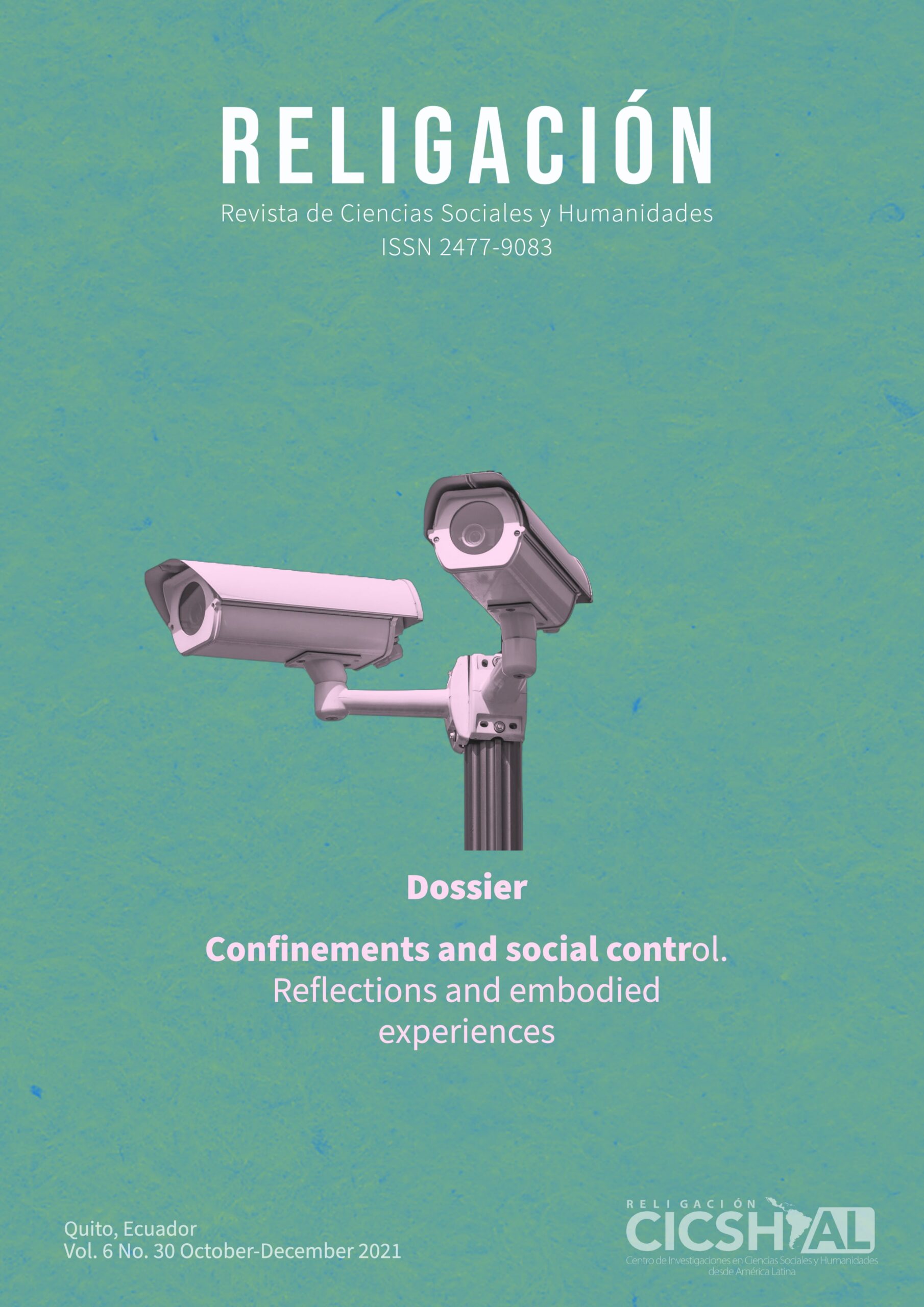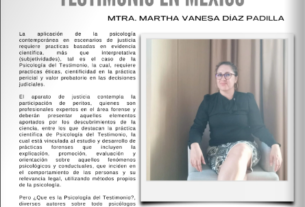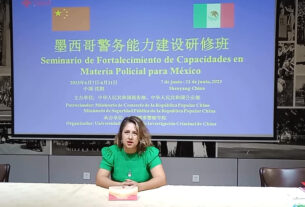Martha Vanesa Díaz PadillaInstituto de Ciencias Psicojurídicas y Sociales – México https://orcid.org/0000-0003-3183-9696
Abstract
The diverse experiences in life allow us to face situations that test our ability to adapt to the environment; we are social beings who appropriate and develop certain skills to join any of the socializing institutions we relate to. Therefore, conflict can be understood as inherent to human development, the psychosocial skills, or tools that we have, contribute to facing problematic situations, in the deliberation of decision making, tolerance, conflict management, search for agreements, and consensus to solve disputes in any area of our life. The above makes us understand that in all the areas in which we work, including the prison system, the poor approach to conflicts prevails, since inadequate decision making encourages the aggressive environment characteristic of the prison environment and the process of incarceration. By making the series of conflicts and violence in the prison system visible, we will be able to identify the causes and consequences they generate in the prison population. The premise is not to put an end to conflicts, nor to get used to them, but to strengthen conflict management and achieve peaceful solutions through dialogue and the establishment of agreements.





